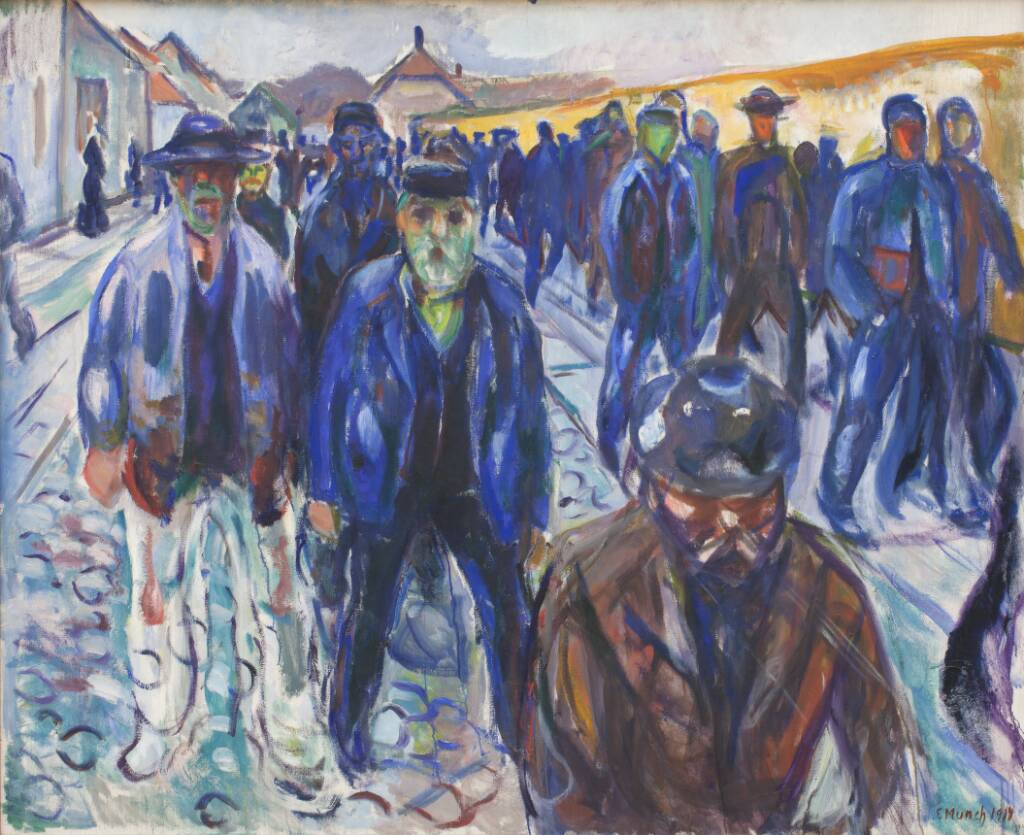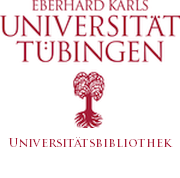Acting by claiming that God acts
Pragmatics of religious talk about God's actions
DOI:
https://doi.org/10.71956/cdth001-art06Abstract
In Christianity and Islam, speaking of God's action has strong references in the two respective traditions. Christians and Muslims can therefore expect to be understood by their own ›brothers and sisters in faith‹ when they claim that God is acting. But what do they do when they claim an event as God's action and thus want to be understood by others? This article attempts to clarify this question through a pragmatist reconstruction of religious discourse on God's action. To this end, ›God acts …‹ is analyzed as a basic action and building on this – as a moment of complex faith practice: In interaction with ›sisters and brothers‹, actors can use ›God acts …‹ to refer to events that ›happen‹ to them elsewhere and thus in an original situation. With their assertion, they create an action situation within their faith community, or they act with their assertion in a situation found within their faith community. They can overcome the challenges they face there and thereby prove their relationship with God – in other words, they can believe. However, this faith does not ›replace‹ the faith they exercise in the original situation by acting there – in response to God's action there –and doing something other than claiming that ›God is acting …‹. In the interaction with their ›sisters and brothers‹, the assertion changes the world of meaning that is valid there, and thus also the respective situation of action: God himself has a situation of action in the world and is represented in it with an intention related to this situation. The fact that this presence is established is affirmative, connective and imperative in the interaction of ›sisters and brothers‹.






